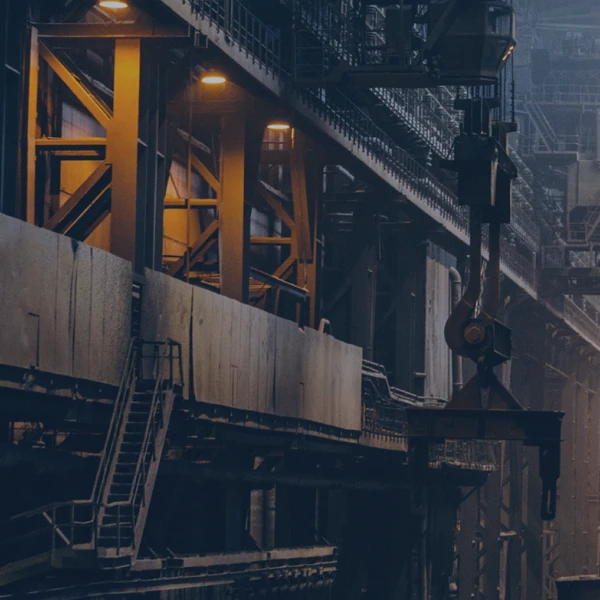
The industrial sector can be broken down into two main job categories: technical occupations and engineering occupations. The industrial sector is divided into several stages: design and process engineering, production, maintenance and QHSE (quality, health, safety and environment). Logistics manages the storage and shipment of different products.
The production department lives up to its name. He is in charge of creating a company’s finished products.
It includes all staff on the production line, the personnel responsible for production and the management committee.
Among the industry’s technical professions, several can be highlighted, such as production line operators, quality controllers, setters, toolmakers, milling turners and so on.
All these players in the industry technically design products in compliance with specifications defined upstream.
Engineering in industry refers to a number of professions: production team leader, production manager, etc.
They play an active role in managing production projects, from planning the various stages to managing teams, deadlines, equipment and so on.
The aim of the design office is to guide the customer towards technical and structural choices. To do this, the staff relies on data analysis.
To succeed in its mission, the design office relies on industrial engineering and industrial technicians who are experts in the fields of industry, IT, civil engineering and so on. Their skills don’t stop there, however, as they are also experts in workplace organization and the environment.
In short, their role is to optimize production costs and technologies. The design office can also look at managing the risks inherent in the supply chain.
This service covers the verification of a company’s quality, health, safety and environmental standards! This department is often called QHSE and sometimes HSE.
Quality Focus – There are three types of quality to be respected: supplier quality (the quality of the goods sold by suppliers), product quality (the quality of the products sold by the company) and customer quality (the quality of the service delivered to the customer and his post-purchase journey).
Quality technicians, quality engineers and quality managers are responsible for optimizing a company’s value chain.
Their main missions are to implement and ensure compliance with standards.
To achieve this, the members of a quality department carry out audits and implement procedures designed to ensure that the company’s products and services meet internal and external expectations.
Product testing laboratories and product composition analysis laboratories can also be involved in verifying the quality of different products. Their role is to ensure that products comply with current regulations before they are put on the market.
Maintenance covers two areas: the first is industrial (machines), the second concerns new works (buildings). These highly specific professions require special skills. Several specializations are available: electrical, mechanical and automation.
Preventive maintenance prevents damage, while corrective maintenance deals with breakdowns, breakages and other damage. In both cases, the aim is to enable the equipment to maintain its production functions over the long term.
Maintenance operatives, automation engineers, maintenance team leaders and maintenance managers are essential to the smooth running of a maintenance department.